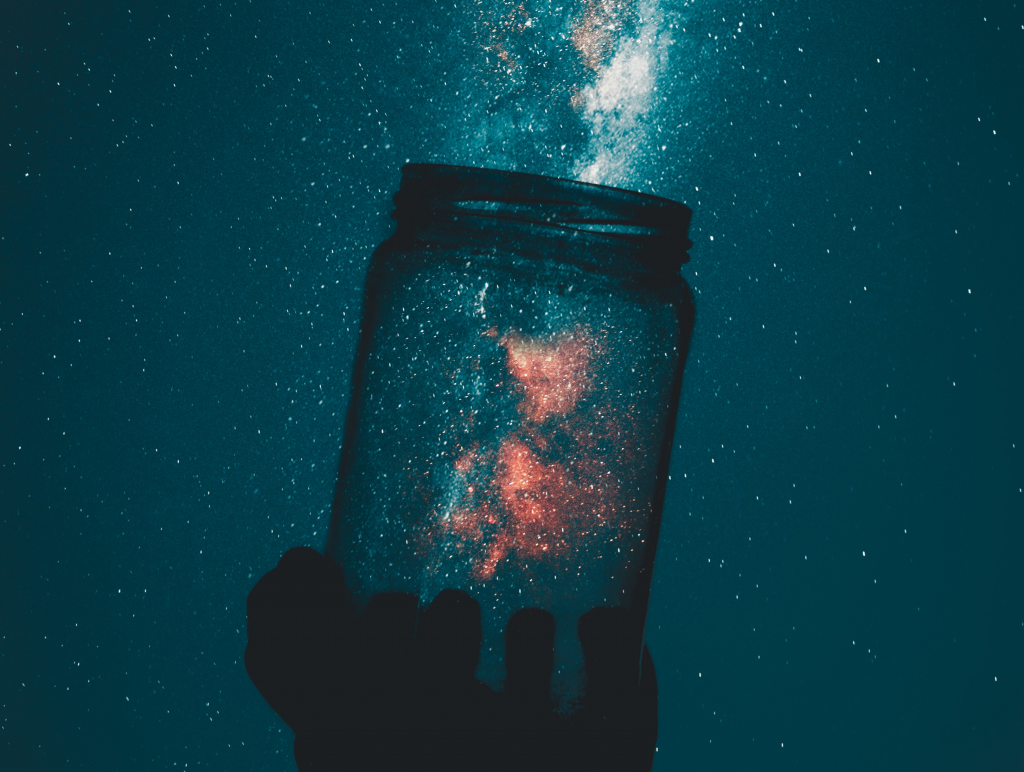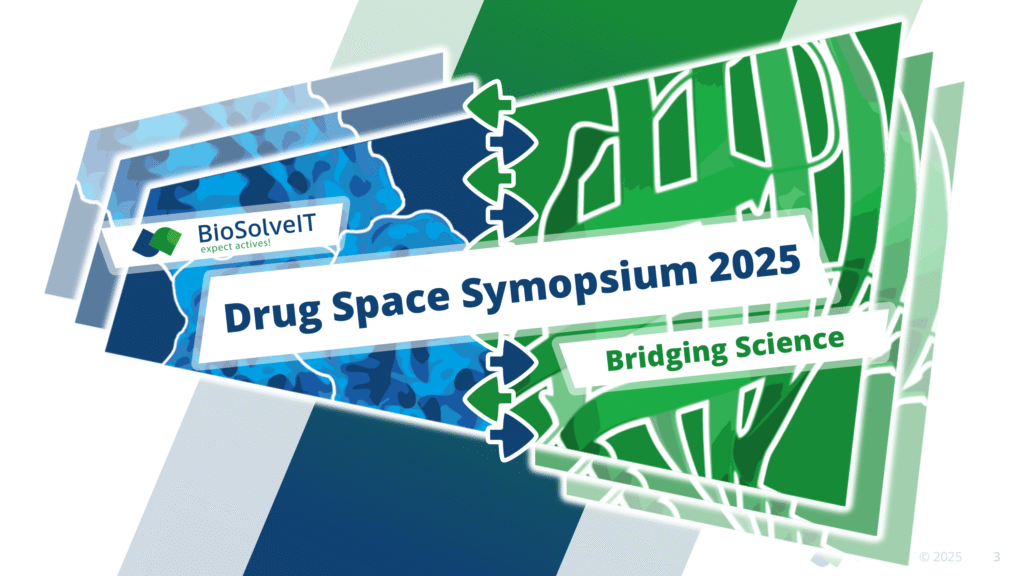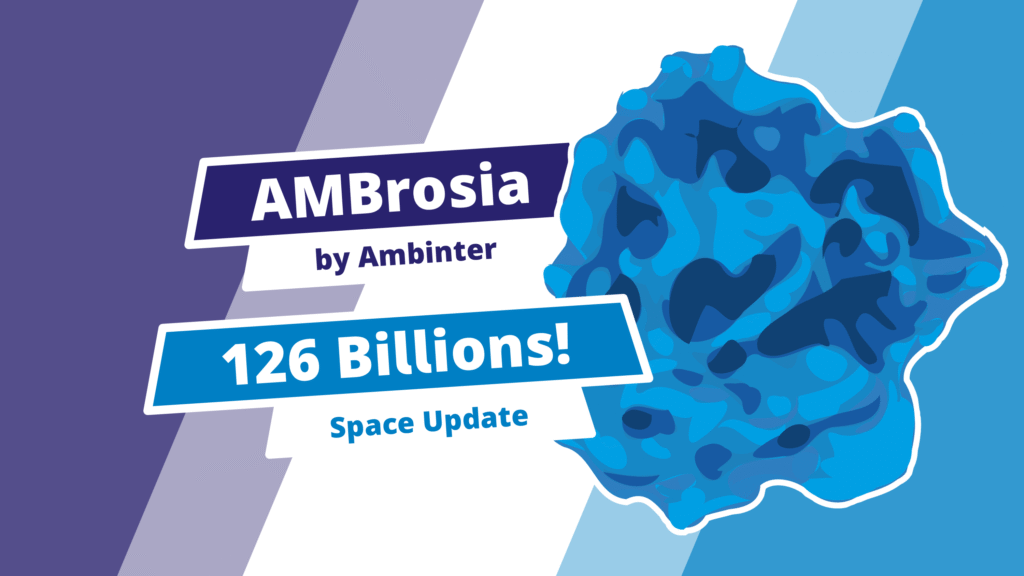No matter how big your in-house library and no matter how many compounds you acquire as supplement, it merely scratches the surface of what chemists are capable of synthesizing. Recent publications indicate that the majority of chemical space is defined on the basis of only 50-70 robust chemical reactions. We have used these to compile a Chemical Space comprising billions of virtual compounds with high likelihood of straight forward synthetic access. We make this literature-derived collection publicly available and also provide a unique similarity search method capable to explore such wealth of data. Imagine de novo design of (a) hit expansion libraries, (b) follow-up series and (c) fragment evolution designs from within an all accessible compound space. We will demonstrate how this can become reality.








